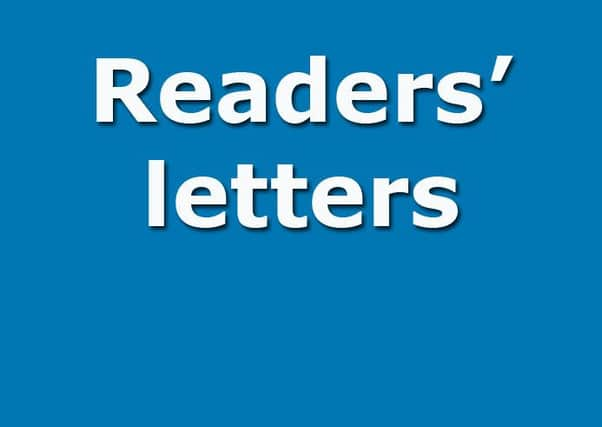LETTER: Time to level up the playing field


Despite her efforts, many continue to shop with large companies such as Amazon and Starbucks, who can avoid taxes by funneling UK income via offshore offices. In 2013 the Sunday Telegraph suggested that this deprives our Treasury of around £120bn pa, due to provisions in the 1992 Maastricht Treaty.
But our SMEs don’t seem to benefit from such tax avoidance and continue to carry Business Rates (BR), which have risen regardless of company business volumes, as has red tape. We have more SMEs but they seem to be suffering more than large (often international) companies.
Advertisement
Hide AdAdvertisement
Hide AdIndeed, a report by PwC has warned that the Government’s pledge to cut corporation tax to 20pc by 2015 has been offset for retailers by a surge in business rates and employers’ NI contributions.
Now as reported by the County Times, it will not be possible in future for BR claims to be backdated prior to April Fool’s Day. This was hidden somewhere in the Autumn Statement because it is not something that a party would want in its manifesto!
Could that be because SMEs don’t have the same lobbying powers as big companies, who seem to negotiate how much tax they can be expected to pay, with HMRC. One also wonders how many big party donors work for the big companies.
But surely we do not have to stand idly by, whilst small to medium SMEs are left at a disadvantage, due to declining margins, stifling regulations and unfair competition.
Advertisement
Hide AdAdvertisement
Hide AdWe can counter the adverse trend by i) optimising BR income so that it is related to business volume, rather than RPI, by ii) closing the loopholes for massive tax avoidance and iii) by reducing the regulatory burden on SMEs.
If government really wants small business to succeed then let it put its money where its mouth is. It might even see more revenue going into its coffers in the longer term, as businesses flourish once again.
We have seen increasing numbers of SMEs in recent years and Horsham District for example now has over 7,000 SMEs with up to 250 employees each. On the other hand around 15 ‘large’ companies have complements of between 250 and 1,000 each.
Innovation often sees the first light of day within SMEs, improving productivity and exports and it does not make sense to handicap them, particularly as they employ around 25m people in the UK, compared with many fewer large companies employing only around 5m employees. It is surely time to level up the playing field.
ROGER ARTHUR
Horsham district councillor for Chanctonbury and UKIP parliamentary candidate for Horsham, North Street, Horsham